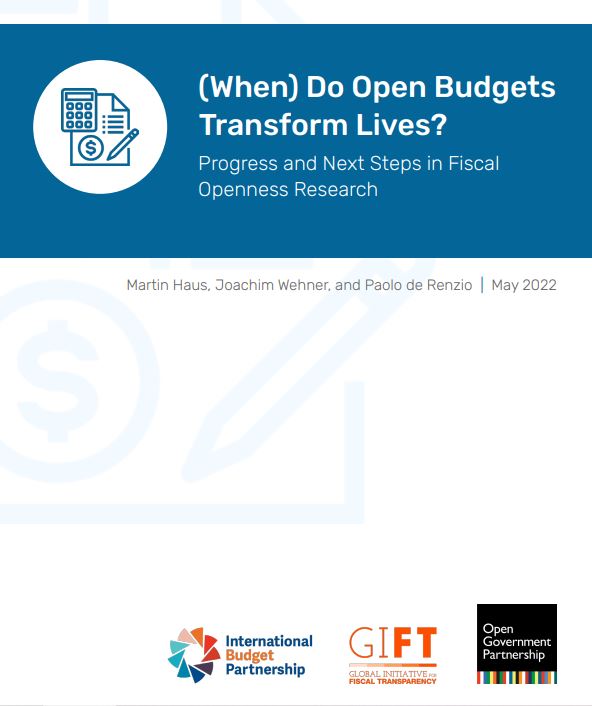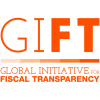
Open and accountable government budgeting remains an essential component of good governance. Most recently, the need for open budgeting has been thrown into sharp relief across the world by the large-scale emergency expenditures in response to the COVID-19 pandemic. Yet proponents of greater fiscal openness are challenged to provide credible evidence that transparency and participation can deliver real benefits to those who are most reliant on government services, and society more widely. One comprehensive review of evidence on the impacts of fiscal openness considered 38 empirical studies published between 1991 and early 2015 (de Renzio and Wehner 2017). It found that increased budgetary disclosure and participation are consistently associated with improvements in the quality of the budget, as well as governance and development outcomes. At the same time, this review also pointed out that only a handful of studies convincingly identify causal effects, in the form of reduced corruption, enhanced electoral accountability, and improved allocation of resources. Causal evidence was especially thin for ultimate impacts related to human development, for example health outcomes such as infant mortality or educational attainment.
Given how much the field has evolved and the growing interest in this research area—and in open government more generally—it is both opportune and necessary to update the review with more recent findings from published academic research and other rigorous policy-oriented research, covering the years from 2015 onwards. We also want to reflect more broadly on the state of research on the impacts of fiscal openness, to shape the debate on its future directions. Our research was commissioned by the International Budget Partnership (IBP) (which works in collaboration with civil society, state actors, international institutions, and the private sector to create open and accountable government budgeting processes) and by the Global Initiative for Fiscal Transparency (GIFT) network (which helps countries to advance and institutionalize significant, continuous improvements in fiscal transparency, participation, and accountability). It also contributes to a review by the Open Government Partnership (OGP) of available evidence on several topics relevant to open government, including fiscal openness.

